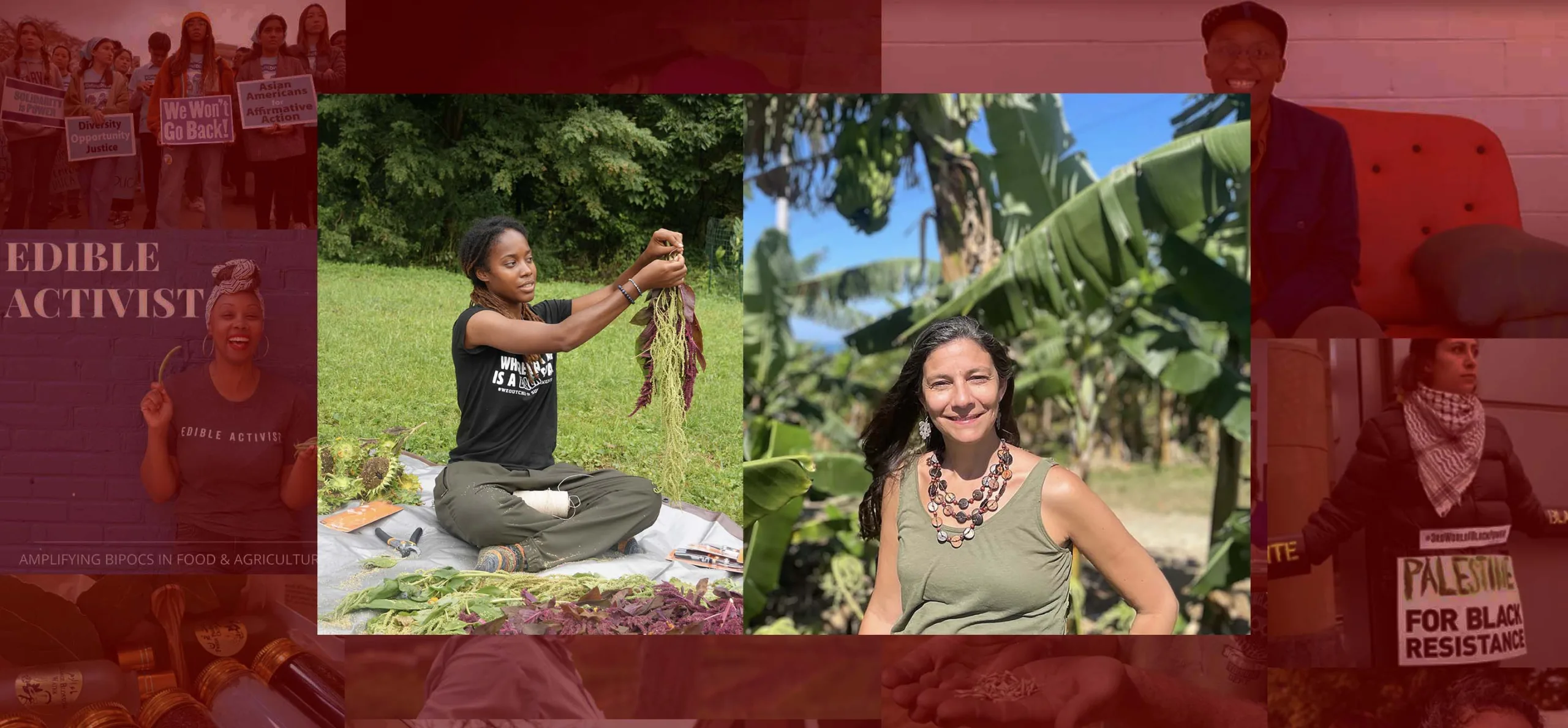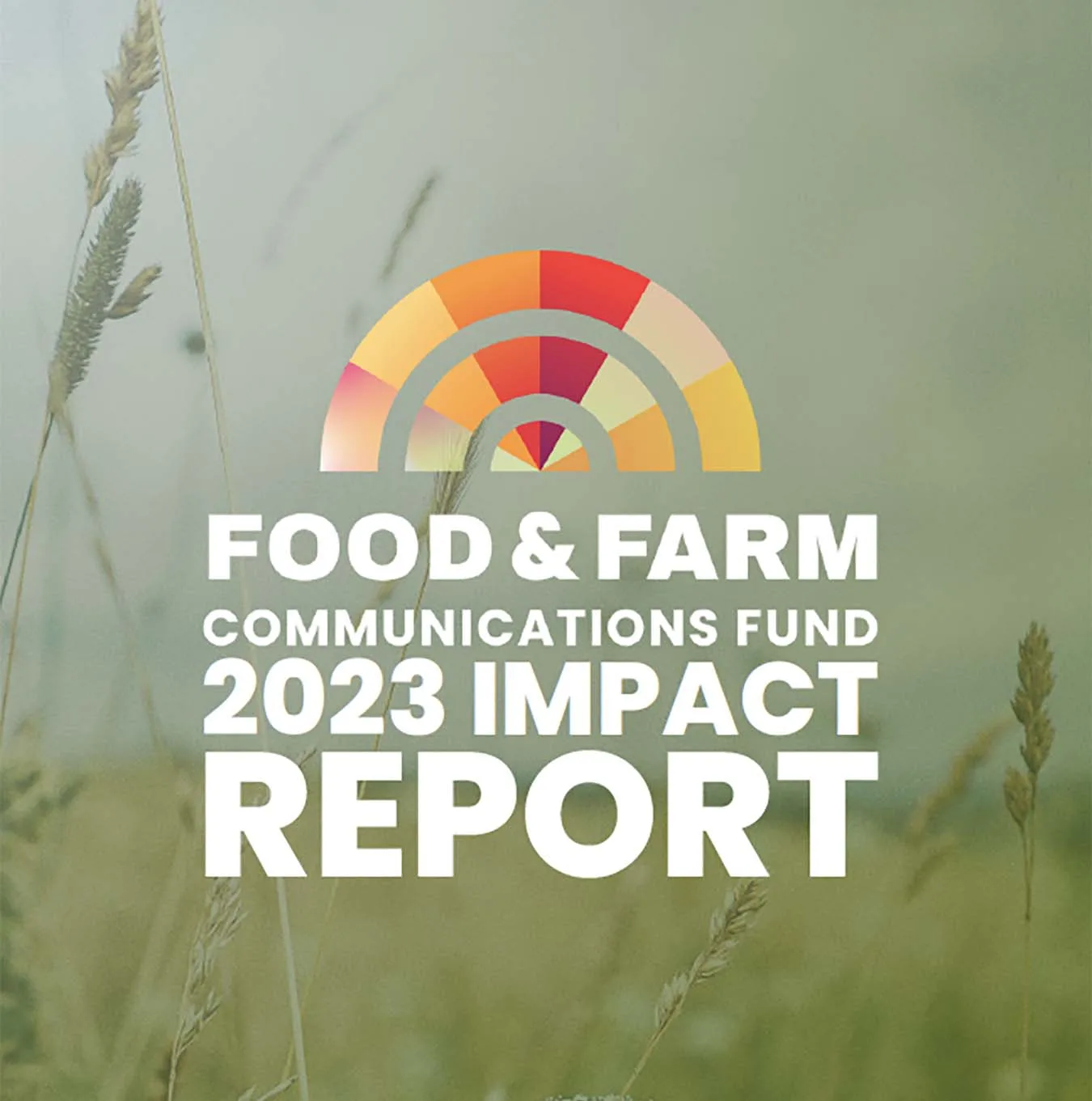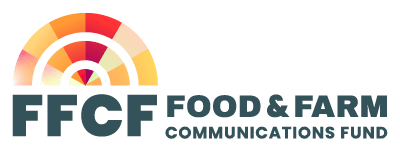Where preserving and expressing our culture is an act of resistance to the constant pressure of erasure, FFCF supports work that centers cultural organizing. Rather than community organizing from a place of deficit, we strive to lift-up a counter narrative rooted in community cultural wealth and capacity. We seek out grantee partners whose approach is strategic, generative and builds power through art, ritual, story, and celebration. Our Impact Media Award highlights media makers transforming the food media landscape through strategic cultural narratives. Our grantmaking has always supported leaders, such as the following two examples, who inspire people to think differently about their relationship to the food system and to get involved in community-level change.
Center Pole in Garryowen, Montana, on the Crow Indian Reservation. Founded as a youth development organization, Center Pole's mission is to build knowledge, justice, opportunity and prosperity in indigenous communities with a focus on food sovereignty and decolonization education. Center Pole’s vision is to transform the reservation food system into one rooted in equity, justice and resilience, thereby building power for people individually and collectively. FFCF has supported their indigenous community radio station called Crow Voices. The station includes Crow traditional culture, food systems, natural farming, sustainability, sovereignty and ecological stewardship.
La Semilla Food Center, stewards 12 acres of farmland with one acre of this land serving as an embodiment of farming practices and community education services that exemplify community-led, healthy, climate-change-adaptive, and equitable food production in the bountiful Chihuahuan desert. Their farming practices challenge multiple dominant narratives (e.g., the desert being a place of scarcity; ‘civilized systems’ being extractive to land and human beings; farmers as male and white). La Semilla has created counter narratives through respectful community story-gathering, historical and archival research, environmental writing, social media campaigns, and the development of visual narratives in collaboration with border area artists including a zine, murals, and video projects. FFCF funded La Semilla’s zine Food, Land, and Us and their expansion of storytelling programming.
Latest News

Storytelling Content Manager

Celebrating Emerging Voices

